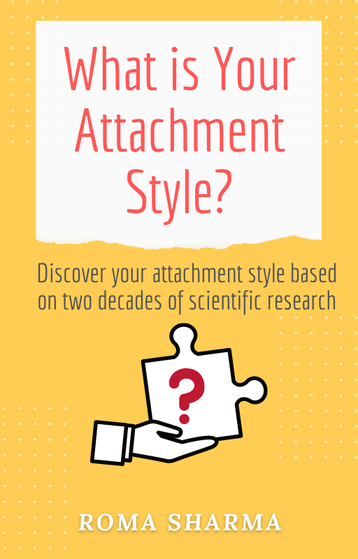Attachment is the manner in which people perceive and respond to intimacy in romantic relationships. There are mainly three types of attachment styles in adults. These parallel attachment styles are found in children who are either anxious, avoidant, or secure.
Anxious people crave intimacy and are often preoccupied with their relationships. They tend to worry about their partner’s ability to love them back. If you are anxious, you love to be close to your romantic partner and have the capacity for great intimacy. You also experience negative emotions easily within the relationship. As a result, you tend to act out and say things that you later regret. If your partner provides the reassurance you are able to shed your preoccupation and feel contended
Avoidant people equate intimacy with a loss of independence and constantly try to minimize closeness. If you are avoidant, you tend to keep your partner at arm’s length and they complain about you being emotionally distant. You curb your need for intimacy and then craved it leading to a catch-22 situation.
Secure people feel comfortable with intimacy and are usually warm and loving. If you are secure, you enjoy being intimate without being overly worried about your relationships. You effectively communicate your needs and feelings to your partner. You are strong at reading your partner’s emotional cues and responding to them.
People with different attachment styles differ in:
1) Their view of intimacy and togetherness,
2) The way they deal with conflict,
3) Their expectations from the relationship and
4) Their ability to communicate their needs.
It doesn’t matter if you have been newly dating someone or have been married for 40 years. You will fall into one of these categories.
Understanding attachment styles is an easy and reliable way to predict people’s behavior in any romantic situation.
Knowing your attachment style can have a profound influence on how you communicate with your partner.
Would you like to know your Attachment Style? Are you secure, anxious, or avoidant? Download the free eBook, What is your attachment style? and decode your relationships now!

No responses yet